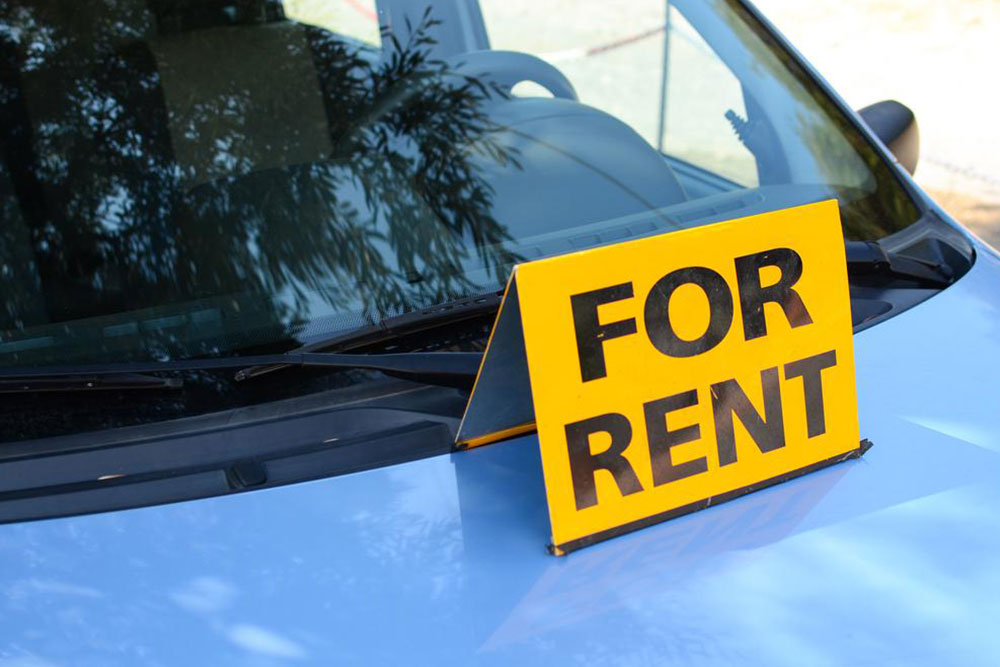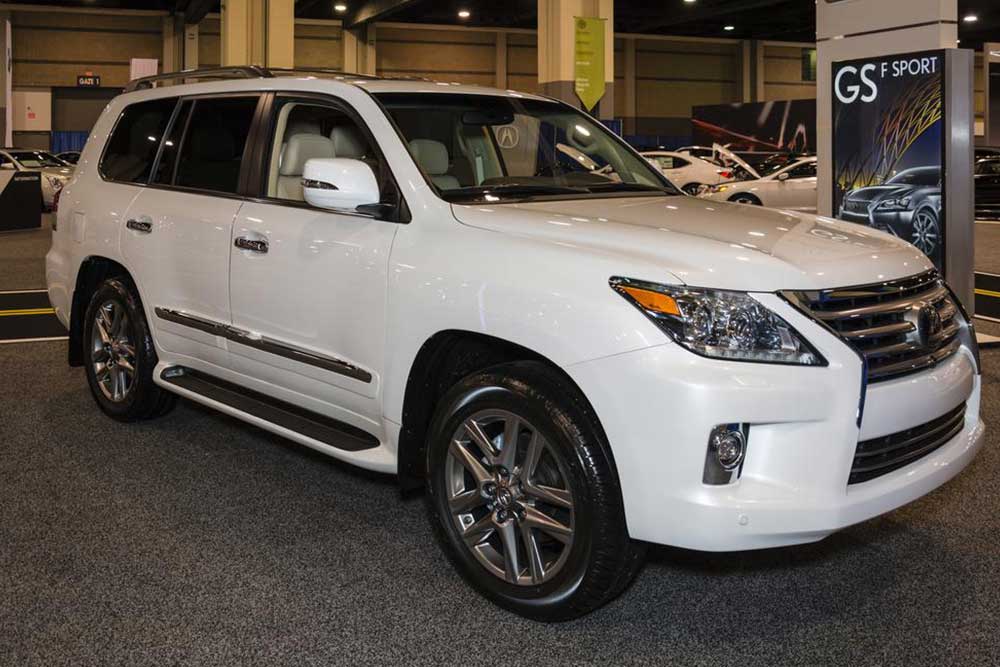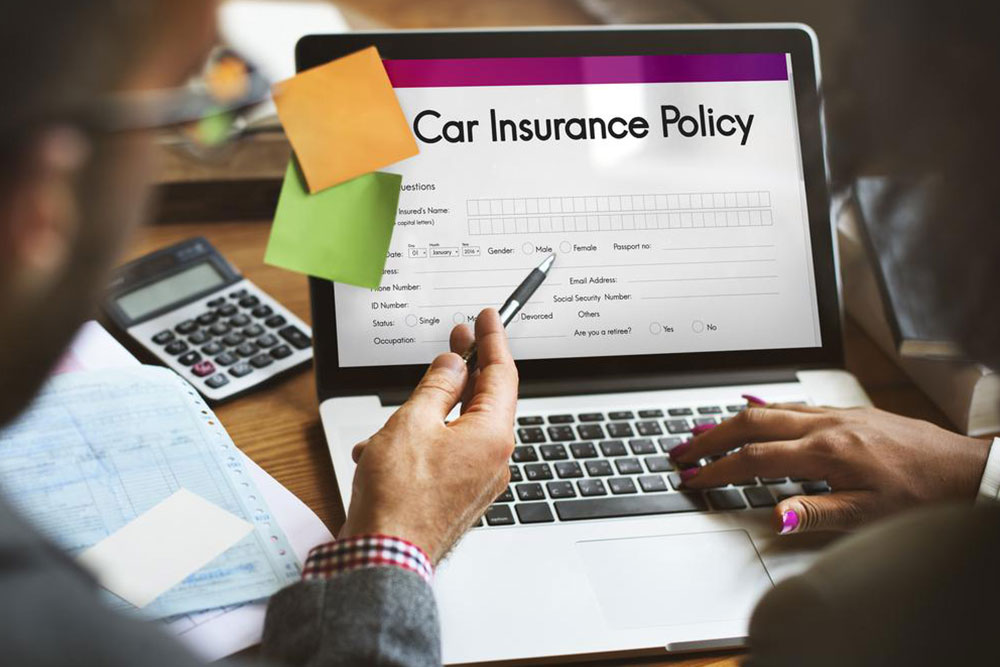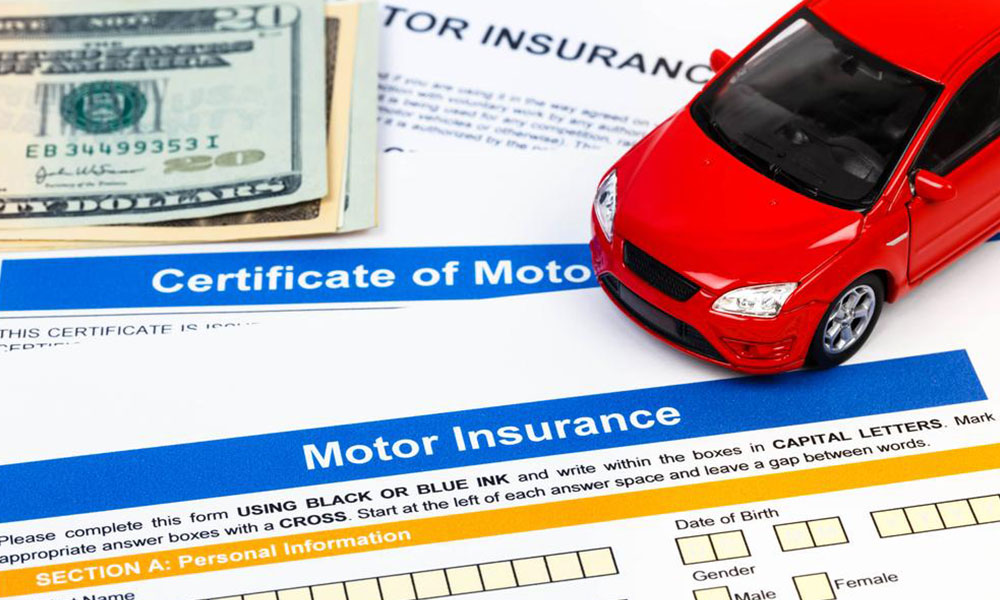Guide to Securing Insurance for Your Leased Vehicle
This article offers essential guidance on securing appropriate insurance coverage for leased vehicles. It covers mandatory requirements, coverage types, and tips to ensure compliance with lease agreements. Whether you're a first-time lessee or renewing coverage, understanding your insurance obligations helps protect your investment and avoid penalties. Learn about liability, collision, and comprehensive policies needed for leased cars, along with advice on selecting the best coverage options for your specific lease terms and vehicle type. Stay informed to drive confidently without insurance worries.

Guide to Securing Insurance for Your Leased Vehicle
Opting to lease a car instead of buying has several benefits. It usually requires less upfront money and allows you to drive newer, often more luxurious vehicles that might be out of reach financially. Leasing also benefits from favorable interest rates, making it an attractive option. With a lease, you enjoy driving a vehicle for a fixed period before returning it to the dealer. However, understanding how insurance works in this context is essential. It’s necessary to have comprehensive lease car insurance from the moment you start driving.
Unlike personal vehicle ownership, lease insurance is a mandatory requirement during the lease term. Leasing companies need to ensure their property is protected against theft or accidents, which is why suitable coverage is essential. Typically, lease agreements require more than just the basic liability coverage mandated by law. You may need collision and comprehensive coverage to meet leasing company policies, ensuring the vehicle's protection throughout your lease period.
It’s important to note that requirements for leasing insurance vary, but most leasing companies demand a higher liability limit than the minimum required by state laws. Having appropriate insurance coverage is crucial to comply with the lease agreement and avoid penalties. Be sure to shop around for the best coverage options that suit your leased vehicle’s make and model, ensuring full protection during your leasing term.










